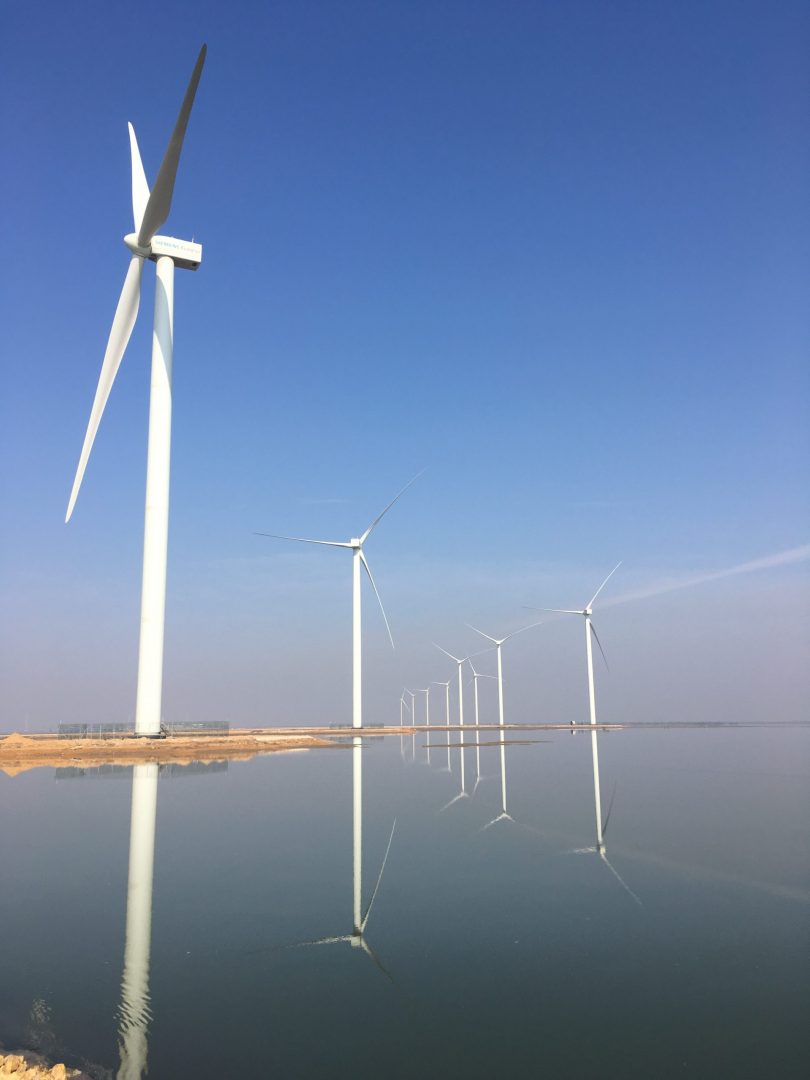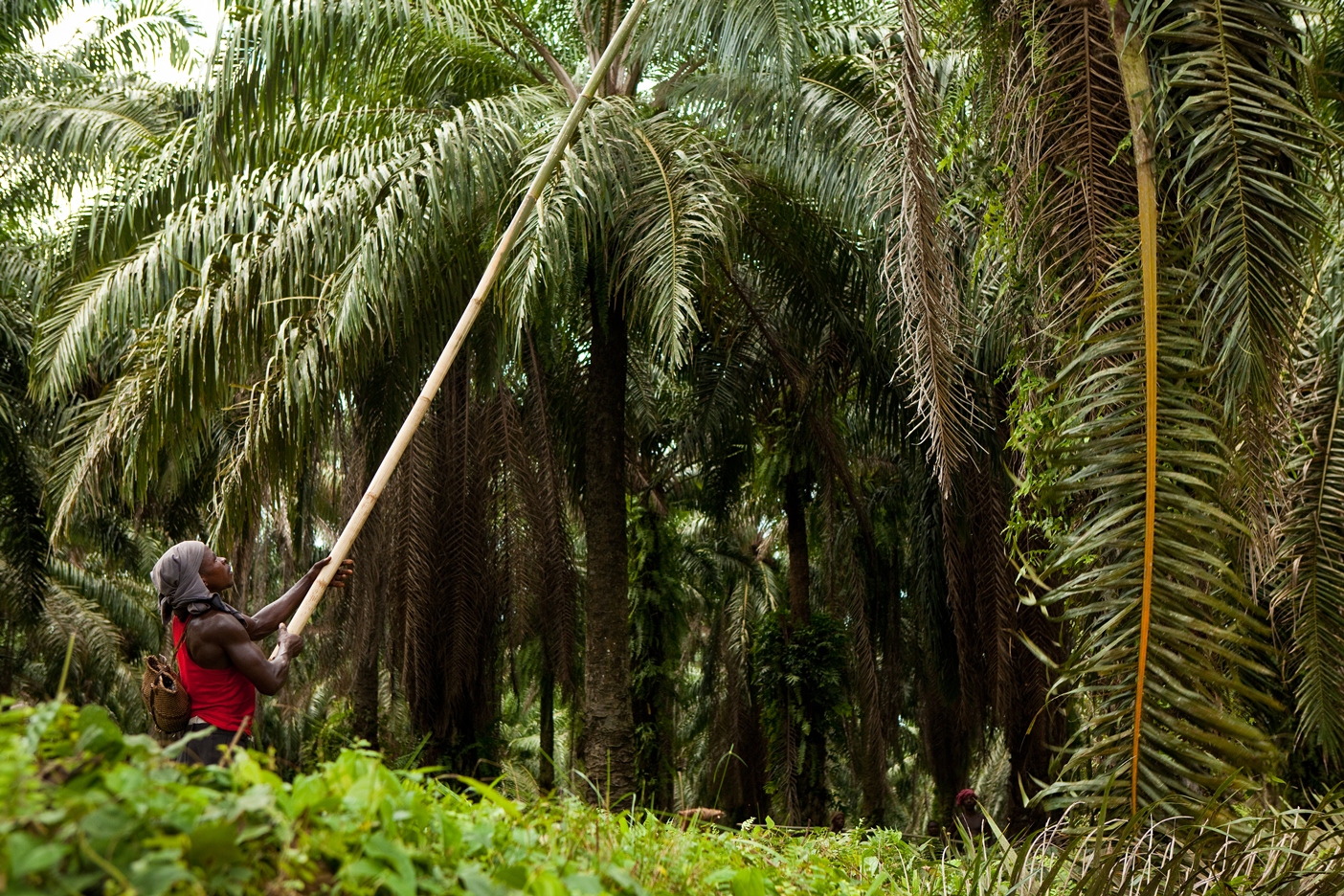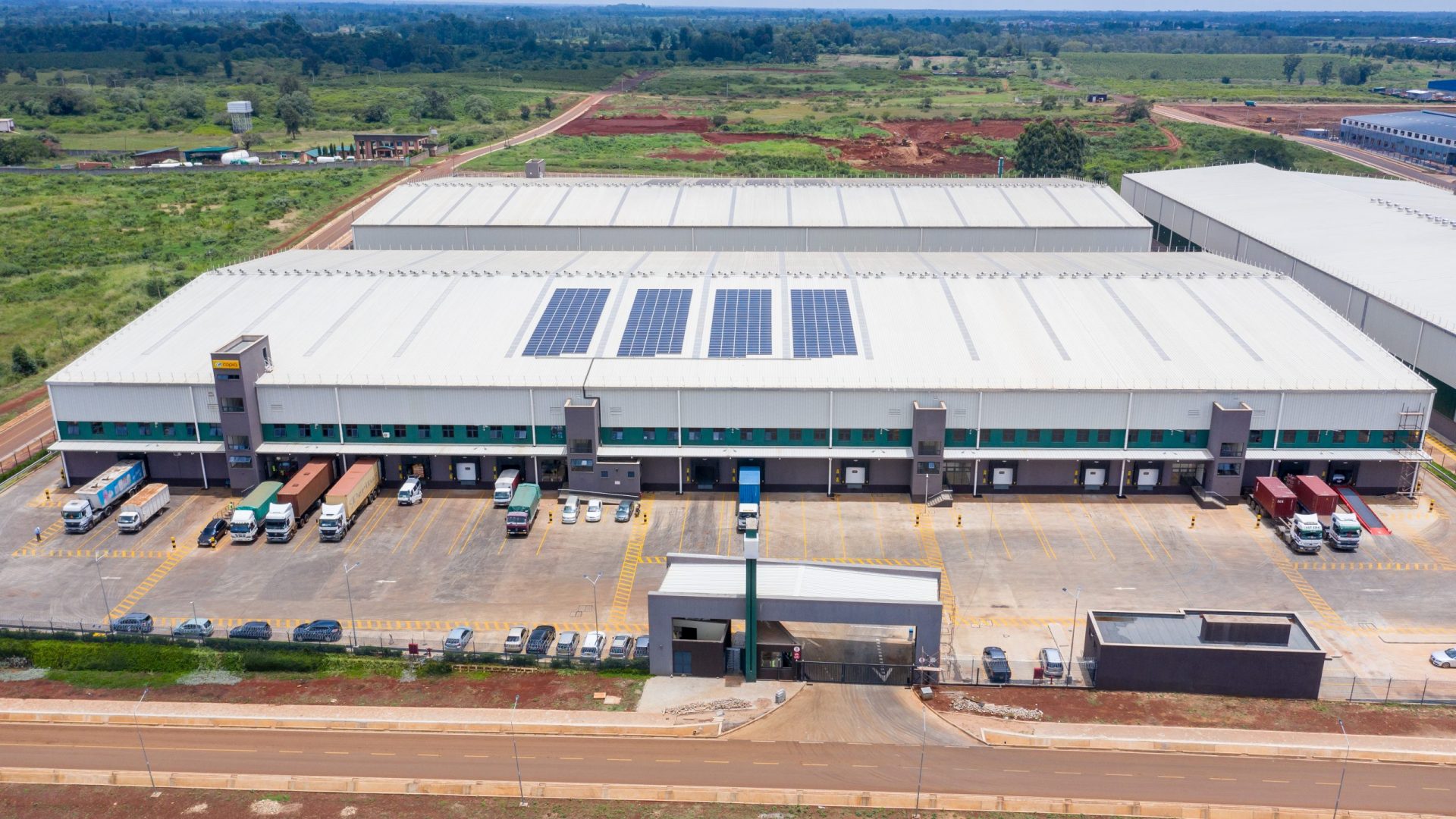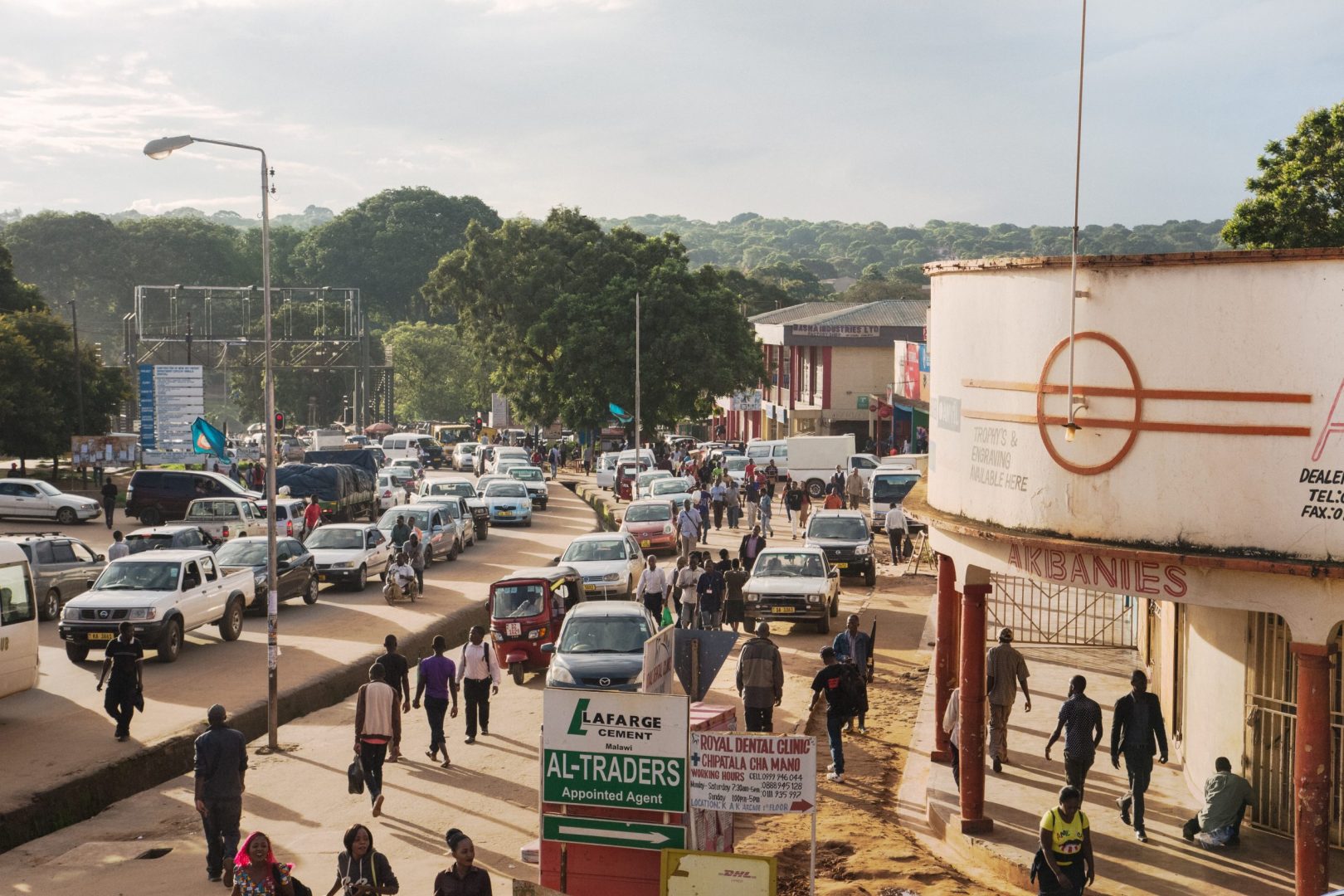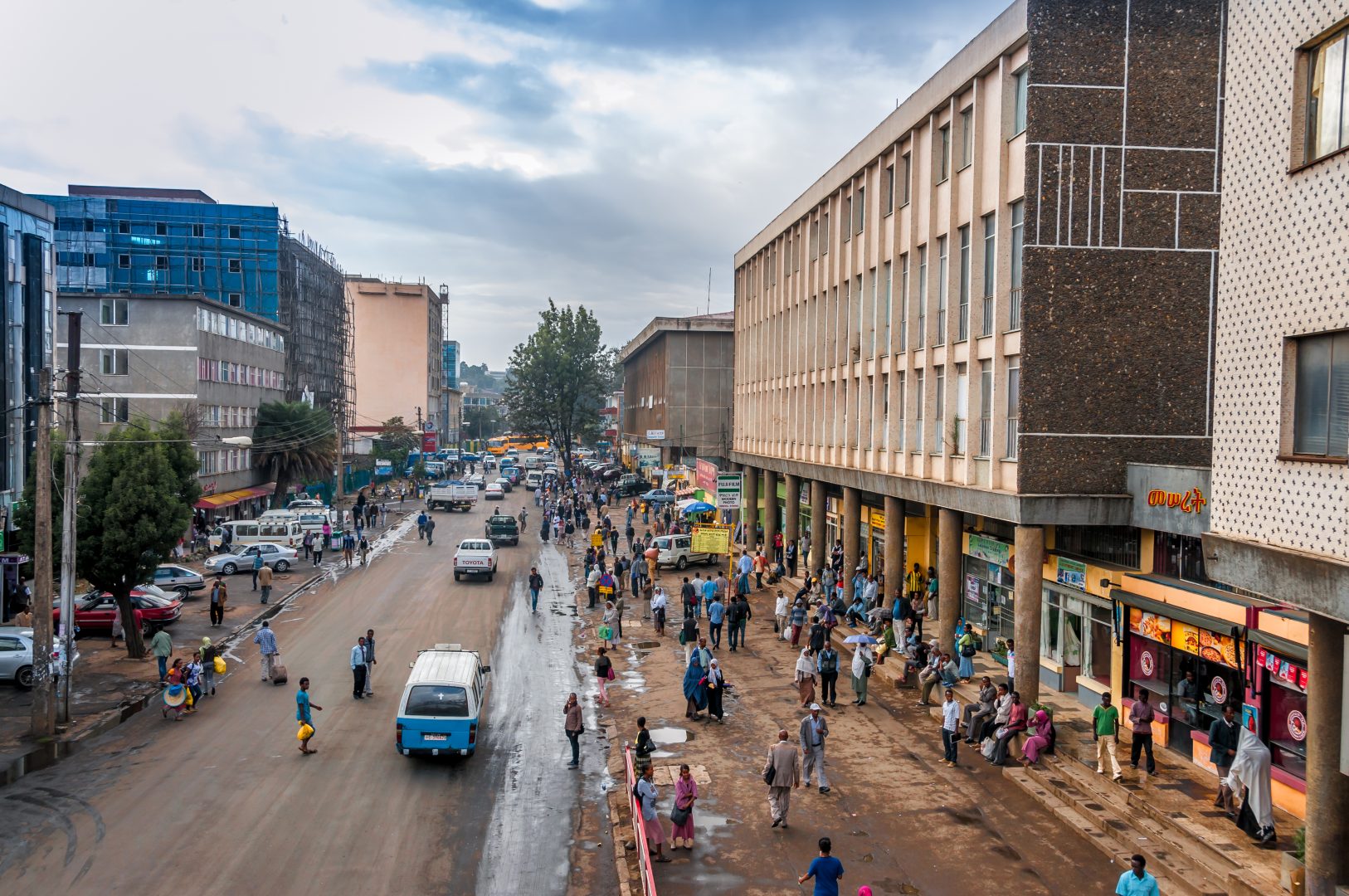CDC has been committed to Nigeria as long as we have existed. In our first year we opened an office in the country and ten years later – in 1958- established the Development Finance Company, focused on encouraging small business growth.
60 years on, we may have grown and evolved but our commitment to Nigeria, its businesses and local communities, remains the same. Just this year we made two commitments targeted at supporting local SMEs through financial institutions.
The investments, one a syndicated loan package to Nigeria’s Access Bank Plc, the other an anchor commitment into CardinalStone Capital Advisers’ Growth Fund, aim to address the lack of banking penetration in the country, which stands at just 15 per cent despite having the second largest banking sector on the continent.
The timing couldn’t be better. Last month Nigeria signed the African Continental Free Trade Agreement which is expected to increase intra-African trade by up to 52 per cent by 2022 according to the African Development Bank. Increasing financing to SMEs across the country will enable them to participate in the new framework and benefit from the opportunities it presents.
Investing in financial systems is a driver of and important pre-condition to economic growth (see The Impact of Investing in Financial Systems: Reviewing the Evidence, July’s Insight). Last month we continued our support of London Stock Exchange Group’s launch of its second edition of the Companies to Inspire Africa report, which featured 97 inspiring high-growth Nigerian companies from across a range of sectors. It’s this potential which is driving our commitment to investing in the country, spurring us on to support commercial and sustainable businesses accelerate their growth to create sustainable jobs, services and opportunities to benefit the Nigerian people.
Furthermore, our recent investments align with the priorities of the Central Bank of Nigeria which is focusing on driving consumer credit, SME lending and mortgages. In July the bank issued a memo threatening sanctions on banks that had a loan-to-deposit ratio of under 60 per cent, forcing them either to increase their lending to meet the threshold or face requirements to increase the amount they must hold on their balance sheets. The measure has been designed to help meet the target of 80 per cent financial inclusion by 2020.
As the largest economy in Africa Nigeria has the capacity to become increasingly attractive to overseas investment. For example in 2015 trade between the UK and Nigeria was worth £4 billion and this clearly has the potential to grow as the economy continues to mature. This year the IMF upgraded Nigeria’s GDP growth forecasts to 2.3 per cent in 2019 and 2.6 per cent next year, up from 2.1 per cent and 2.5 per cent in earlier estimations, presenting potential for other investors to move into the market buoyed by the forecast.
It is not only the financial sector that provides opportunities for impact investors. CDC has nearly $400 million invested in Nigeria both directly and indirectly, covering sectors including power distribution, food and agriculture and insurance. In August the Secretary of State for International Development Alok Sharma MP visited Nigeria to see first-hand the work that we and the department are doing, taking time to visit the Viathan Independent Power Plant. Viathan develops energy solutions and distributes generated power across Nigeria, using natural gas as fuel. Power remains a major bottleneck to the country’s economic development and through companies like Viathan we are working to overcome this barrier sustainably.
Looking ahead CDC continues to see Nigeria as a key component to driving development across Africa and over 70 years on we remain as committed to Nigeria as we have ever been.
Insight is our series of practical lessons on private sector investment and development, based on our experiences. Sign up to our monthly newsletter.

